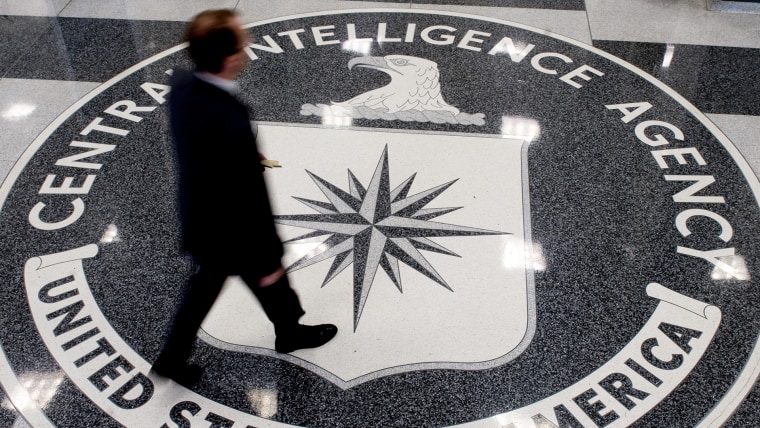Donald Trump continued his extraordinary repudiation of U.S. intelligence agencies Wednesday night when he expressed "doubt" about their conclusion that Russia has been interfering in the U.S. election through a hacking campaign -- even though intelligence officials briefed him on the Russia link in person months ago."Our country has no idea," who is doing the hacking, the Republican nominee said during the final presidential debate, after Hillary Clinton challenged him to accept the conclusion of the CIA and other agencies that the Russian government was behind the leaks of internal Democratic emails.When moderator Chris Wallace pressed Trump on whether he was disputing the assessment from U.S. intelligence officials, he replied, "Yeah, I doubt it. I doubt it."
In January, a British government inquiry into the murder of an ex-KGB agent who had been publicly critical of Putin concluded that the Russian leader had "probably" approved the 2006 killing of Alexander Litvinenko, who drank green tea in a London hotel that had been laced with radioactive polonium-210.... But when asked about the report on the Fox Business Network, Trump was dismissive."They say a lot of things about me that are untrue, too," Trump said. "In all fairness to Putin … he hasn't been convicted of anything. Some people say he absolutely didn't do it. First of all, he says he didn't do it. But many people say it wasn't him. So who knows who did it?" [...]A month earlier, Trump also defended Putin against the charge that the Russian leader approved the murder of critical journalists since he took power in 2000. And on Oct. 15 of last year, Trump cast doubt on the consensus view of the U.S. and several European governments that pro-Russian separatists in eastern Ukraine shot down Malaysian Airlines Flight 17 with a surface-to-air missile in July 2014, killing all 298 aboard.
